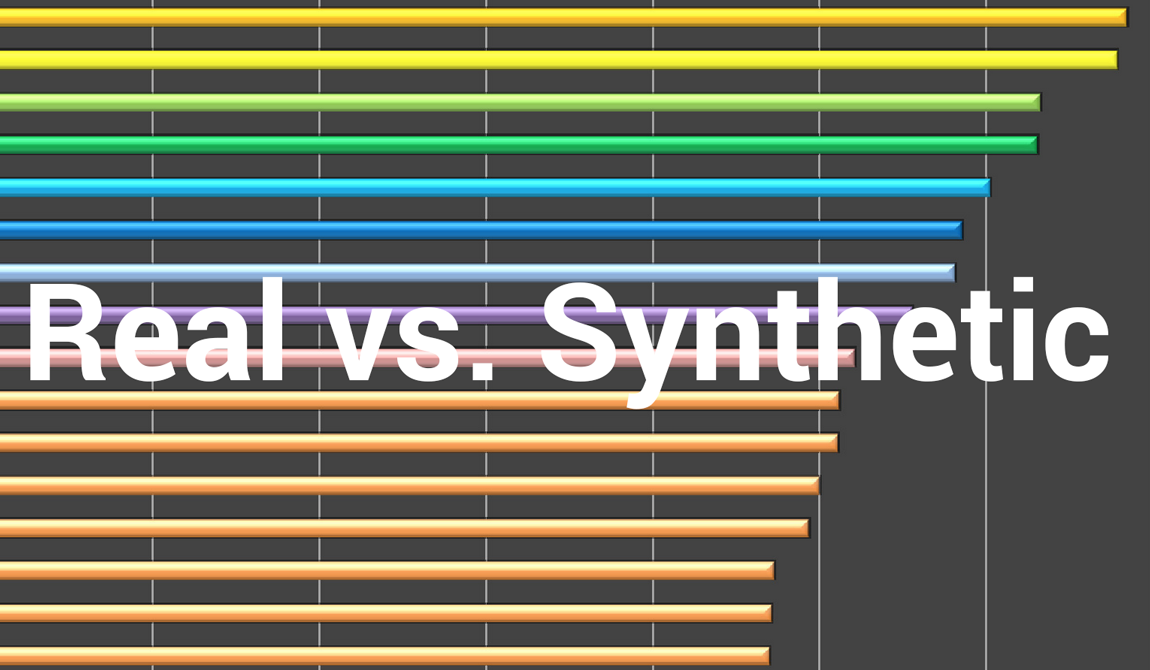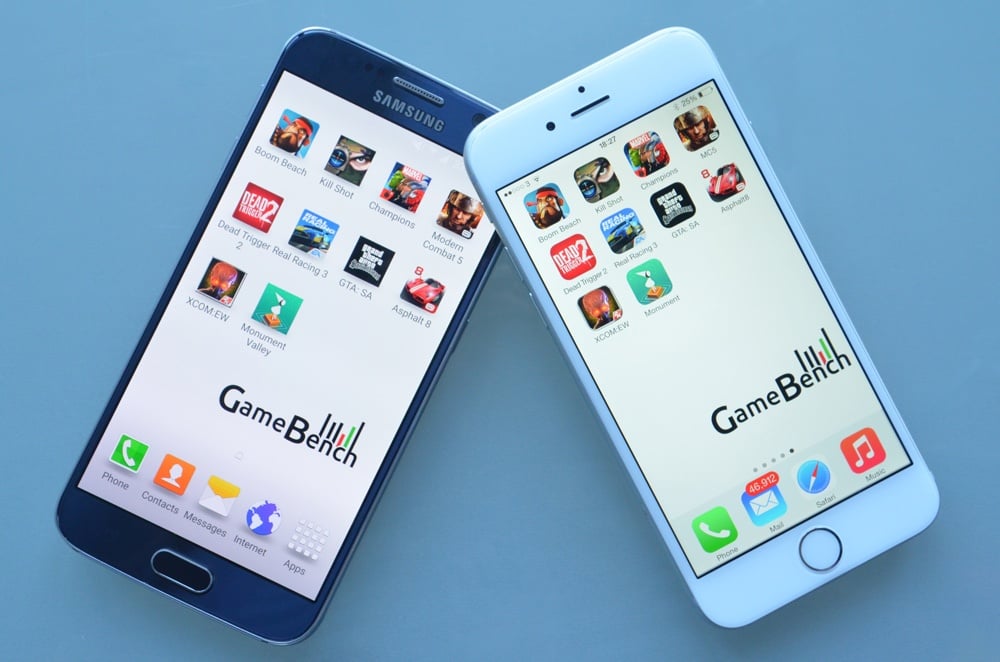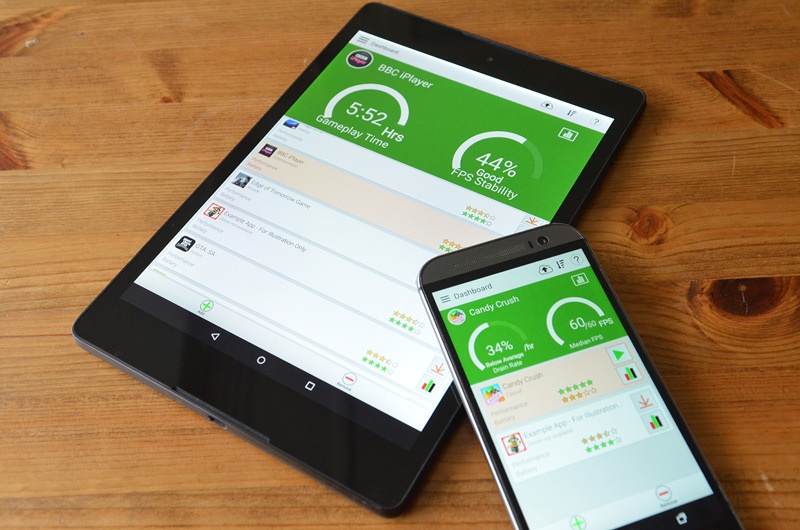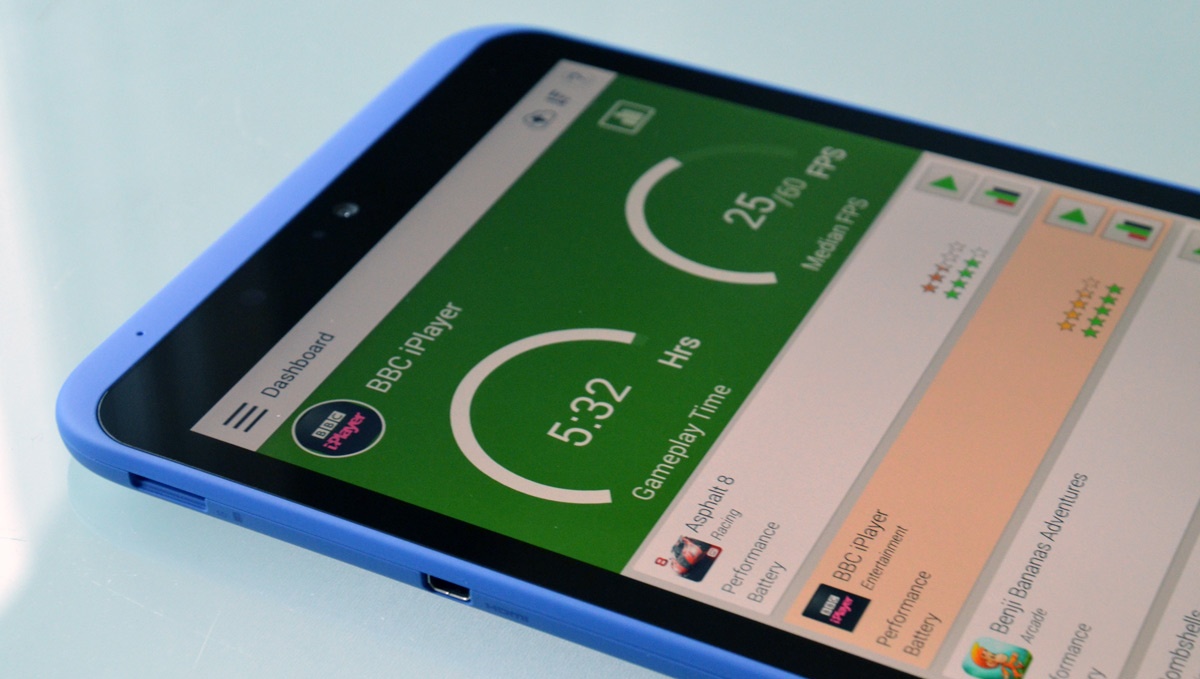Intro and summary
GameBench is very different to other mobile benchmarks, because it is designed to measure the performance of mobile devices running real workloads. These workloads are simply apps — the very same apps and games that ordinary smartphone owners download and run every day.
Most benchmarks used in the mobile industry today are synthetic, which means they test artificial workloads that are never encountered by real customers and can at best only approximate real-world usage.
Each type of benchmark has its place, but there are three evidence-based ways in which GameBench offers a more useful alternative, and very often a direct counterpoint, to traditional benchmarks:





